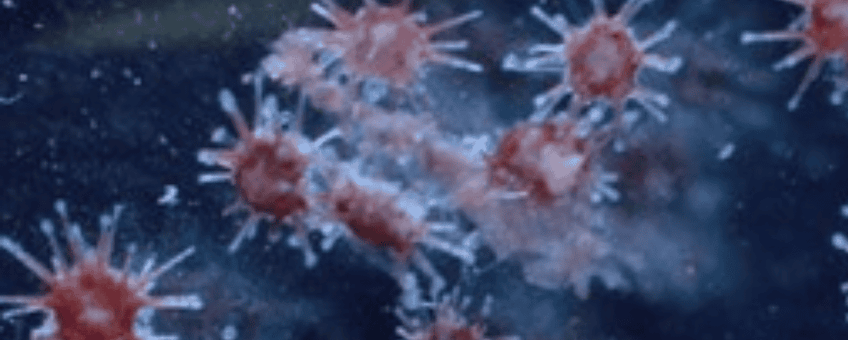
New project utilizes sea urchins to speed-up coral reef recovery
Dutch Caribbean Nature Alliance (DCNA), Van Hall LarensteinThis four-year endeavor is an essential step toward a novel approach for restoring the ecological balance of these fragile marine ecosystems, and the urgent need to increased grazing to reduce algae cover and facilitate coral recruitment and survival. The Diadema sea urchin (Diadema antilliarum) plays an important role as it feeds on algae.
Alwin Hylkema, the driving force behind the project, emphasized the pressing need for Diadema II: "The Caribbean-wide die-offs of Diadema sea urchin populations have significantly compromised the coral reef ecosystems. Algae are now the dominant group on most Caribbean coral reefs, hampering coral recruitment and survival. We aim to mitigate the adverse effects of algal dominance that hinder reef recovery, by restoring one of the most important herbivores: Diadema sea urchins."
Following the success of the Diadema I project, which received the prestigious RAAK award as best applied research project in the Netherlands in November 2023, the Diadema II initiative aims to build upon the preceding project’s achievements. In Diadema I, various approaches were developed to restore Diadema sea urchins on a small scale. These methods are now being implemented on multiple Caribbean islands. However, for increased impact, effective upscaling of these methods is essential.

The RAAK-PRO Diadema II project will focus on key remaining bottlenecks in Diadema restoration. By tackling these knowledge gaps, the initiative aims to upscale Diadema culture methods, optimize juvenile grow-out, and determine optimal restocking sizes and restocking sites. In this way the project aims to help refine restoration practices and bolster the resilience of Caribbean coral reefs against other disturbances.
Hylkema elaborated further: "Excessive sea surface water temperatures, hurricanes, and coral diseases have severely reduced coral cover throughout the Caribbean. However, it is especially the lack of grazers that locks the ecosystem in an algae-dominated state that prevents corals from recovering. The RAAK-PRO Diadema II project aims to develop methods to restore Diadema populations on a large scale, in order to facilitate natural reef recovery."
The RAAK-PRO Diadema II project represents a collaborative effort involving marine scientists and conservationists from Van Hall Larenstein University of Applied Sciences, Marine Animal Ecology van Wageningen University, Wageningen Marine Research, St. Eustatius National Parks, Saba Conservation Foundation, Reef Renewal Bonaire, Nature Foundation St. Maarten, University of Florida, and the Institute for Socio-Ecological Research in Puerto Rico. The research is funded by SIA, part of the Dutch Research Council (NWO) and aspires to develop effective reef rehabilitation methods applicable in the entire Caribbean region.
DCNA
The Dutch Caribbean Nature Alliance (DCNA) supports (science) communication and outreach in the Dutch Caribbean region by making nature related scientific information more widely available through amongst others the Dutch Caribbean Biodiversity Database, DCNA’s news platform BioNews and through the press. This article contains the results from several (scientific) projects but the projects themselves are not DCNA projects. No rights can be derived from the content. DCNA is not liable for the content and the in(direct) impacts resulting from publishing this article.
Text: Alwin Hylkema, Van Hall Larenstein University of Applied Sciences
Photos: Tom Wijers (lead photo: young Diadema sea urchins)
